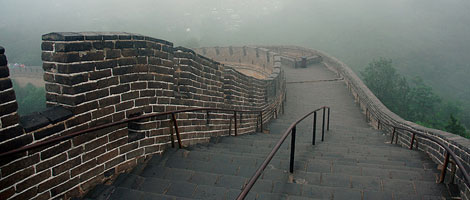China’s purchasing managers index (PMI) for the manufacturing sector continued to slump in November, overnight data showed. The index dropped to 50, the level that marks the divide between expansion (above 50) and contraction (below 50.) The new export orders sub-index improved slightly although remaining in contraction territory for the sixth straight month.
Everybody agrees that the Chinese economy has reached an inflection point where trends are pointing downward strongly enough that Beijing has to add more stimulus efforts to its current rather modest program. One possibility is a reduction in benchmark interest rates, probably in the first quarter of 2019.
Among the most worrisome features in this downward trend in the manufacturing sector is the likelihood that China hasn’t yet felt the full effects of the trade war with the United States. The uncertainty that unsettled trade conditions with the United States adds for any manufacturer is depressing business investment as manufacturers are hesitant to buy equipment or expand factories when they don’t know if new tariffs will cut into export sales. The big uncertainties on the near horizon are the planned increase in U.S. tariffs on $200 billion of Chinese exports to 25% from 10% after the turn of the year and the proposed Trump administration plan to add new tariffs on a additional $260 billion in Chinese exports to the United States.
The timing and nature of these PMI numbers adds an interesting element to the scheduled trade talks this weekend between U.S. President Donald Trump and Chinese President Xi Jinping. On the one hand, the bad news is likely to increase the desire of President Xi to at least postpone the next round of U.S. tariffs. On the other hand, it’s hard to tell what the slowing of the Chinese economy will mean to the U.S. position. China trade hardliners such as Peter Navarro are likely to argue that the economic slowdown in China gives the U.S. more leverage and that now is the time to push that advantage and increase U.S. demands. Balancing that is the likelihood that President Trump, facing increasing pressure on the domestic front in the United States, would like some success to buttress his reputation as a master dealmaker.


